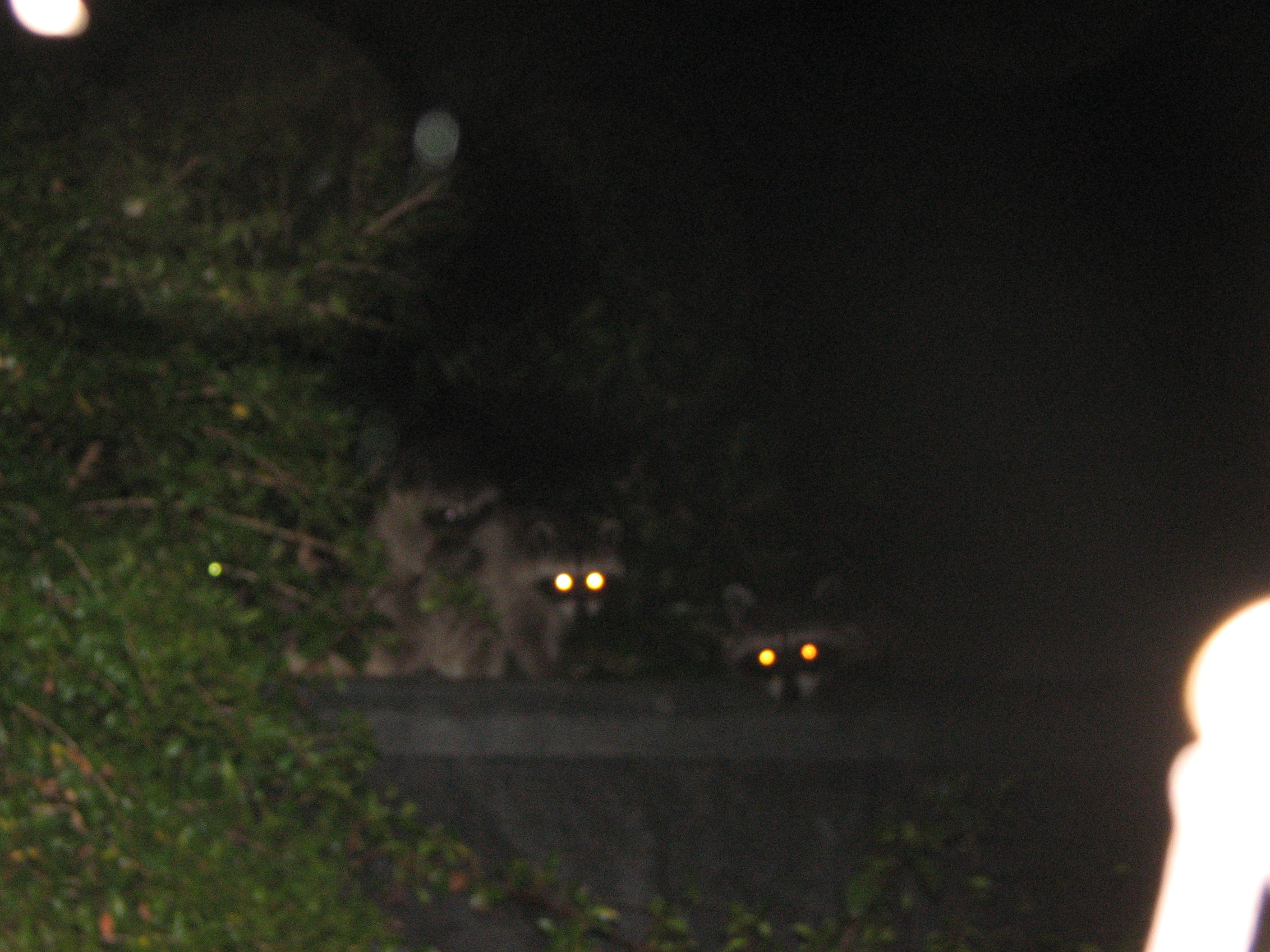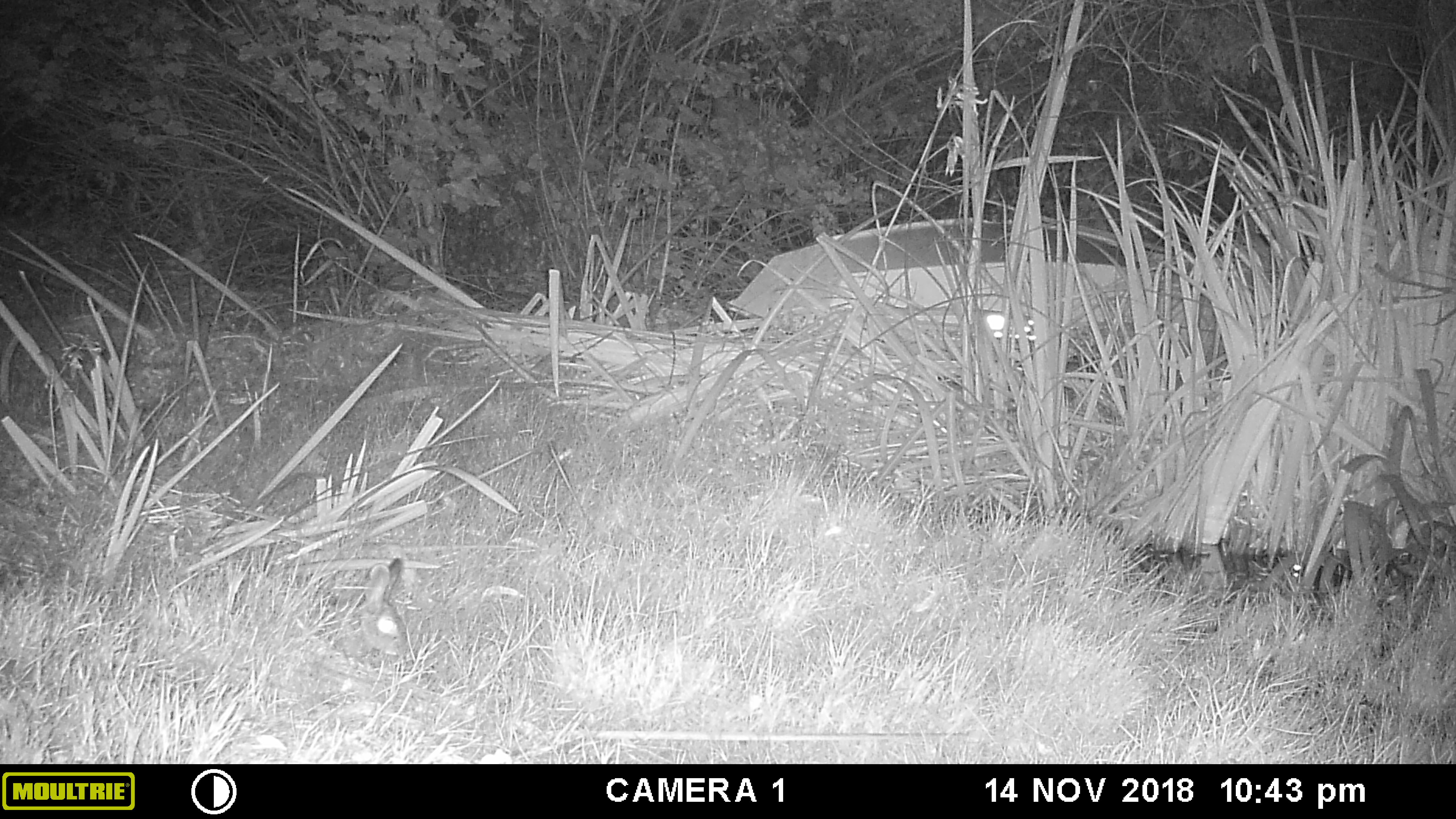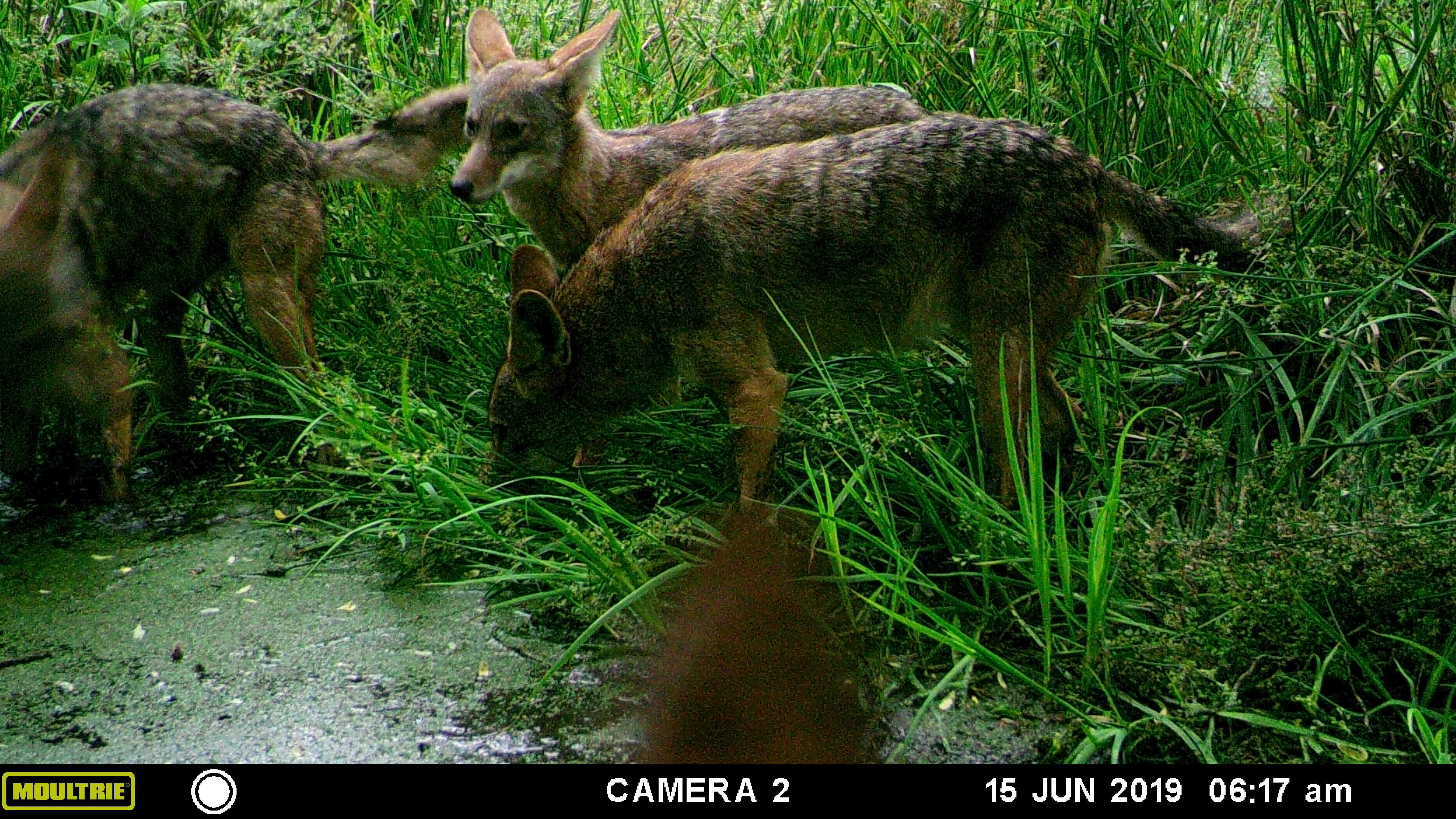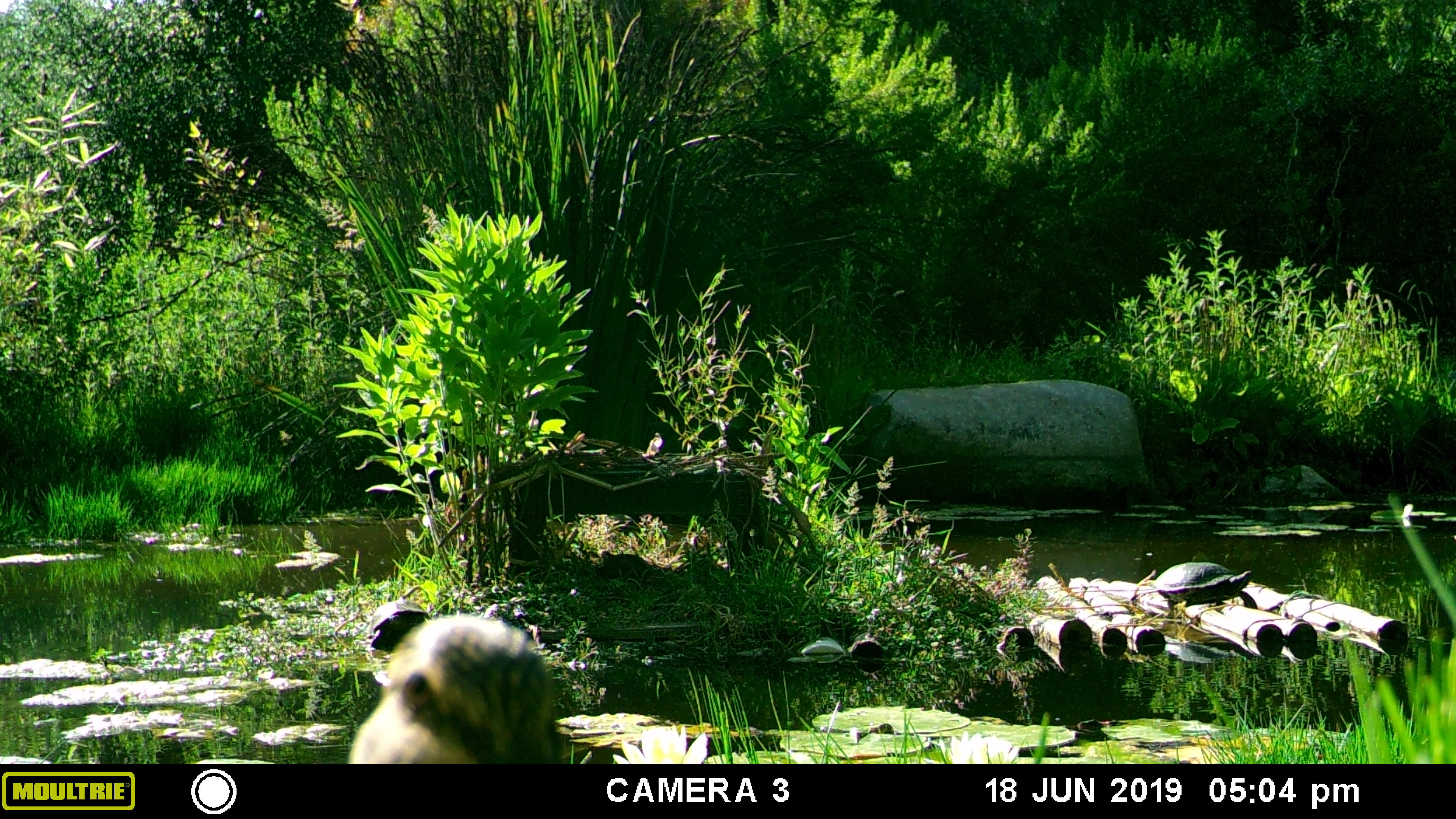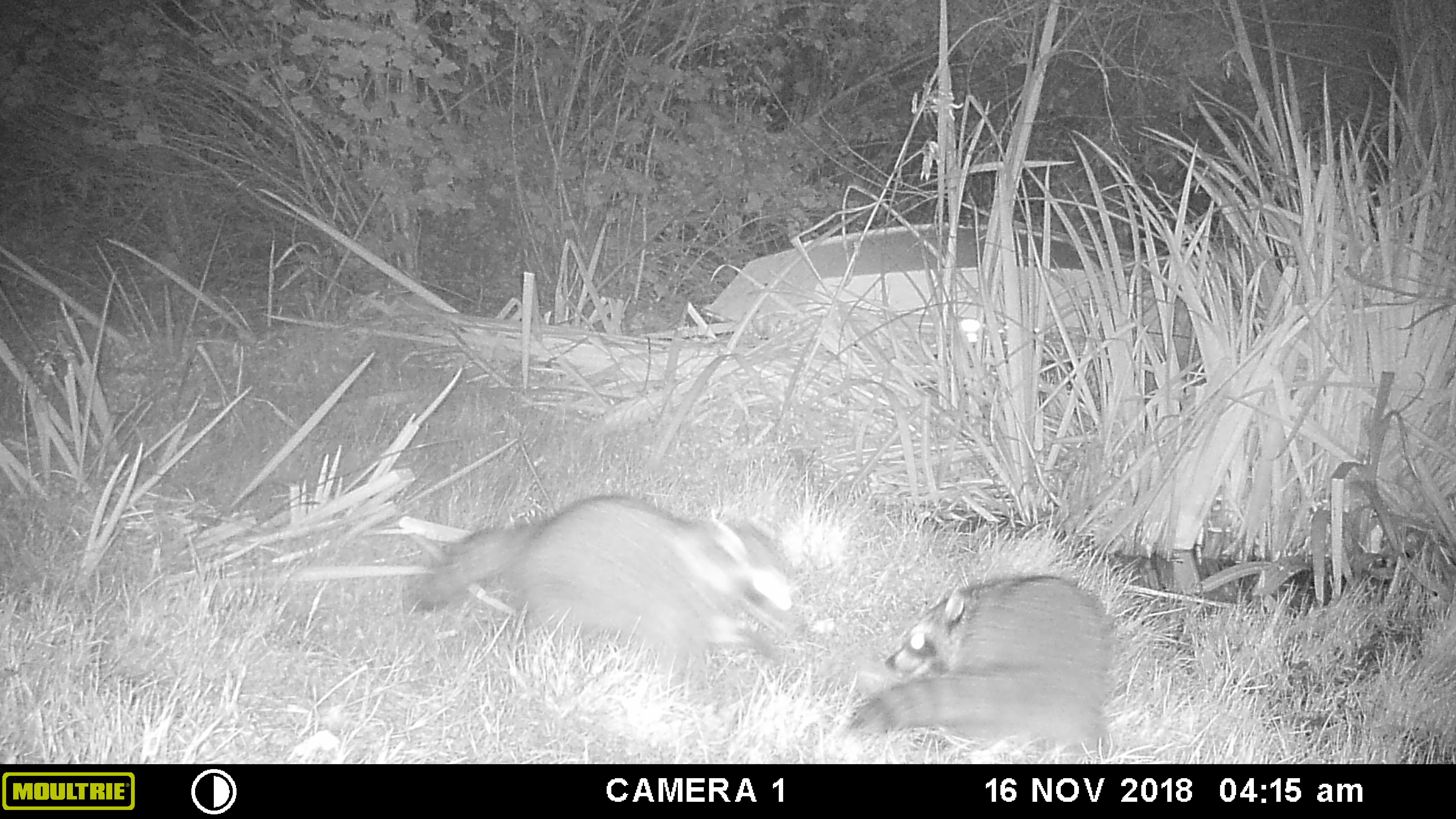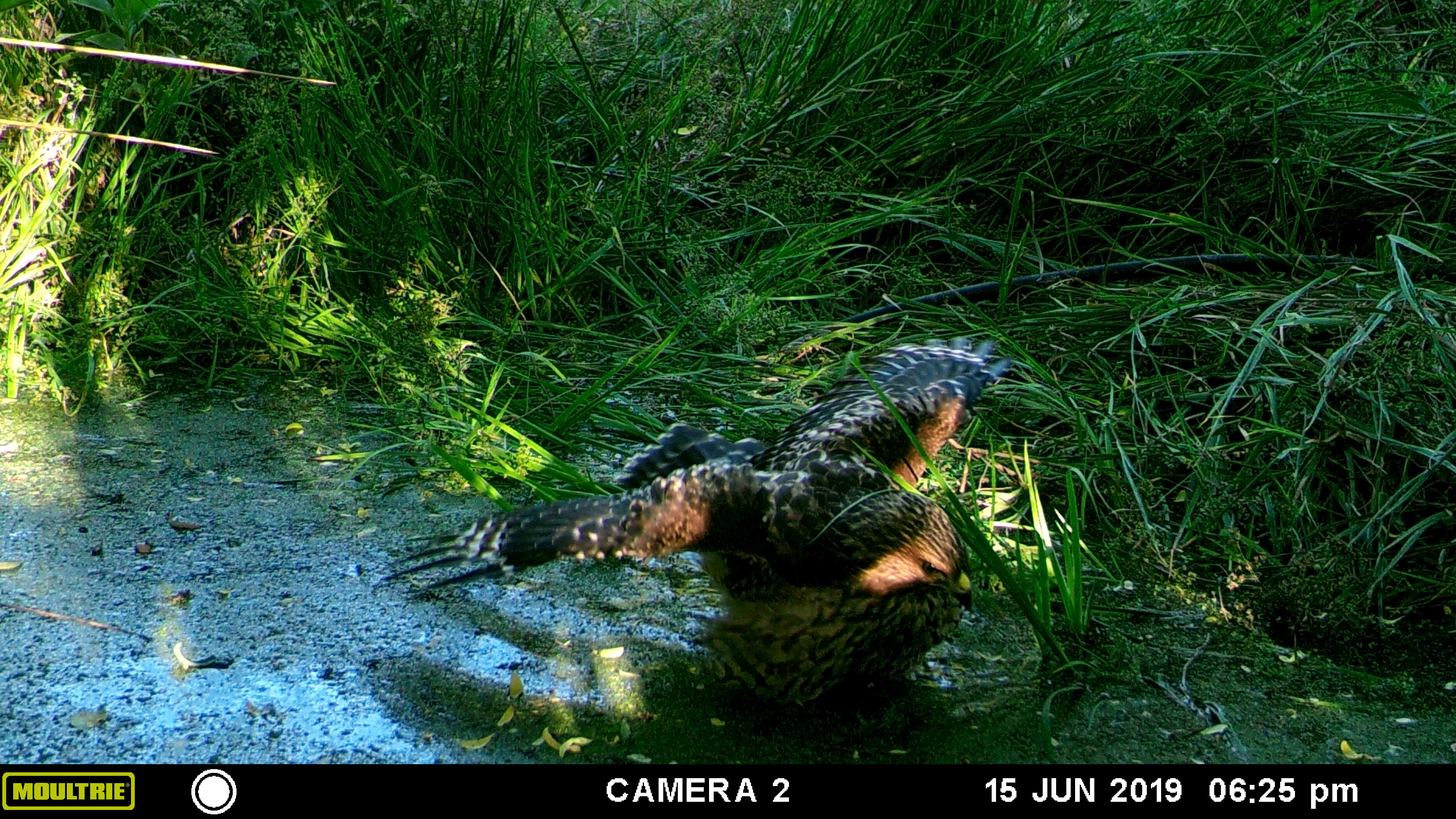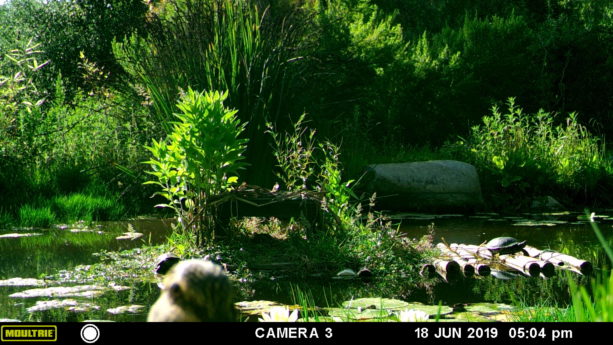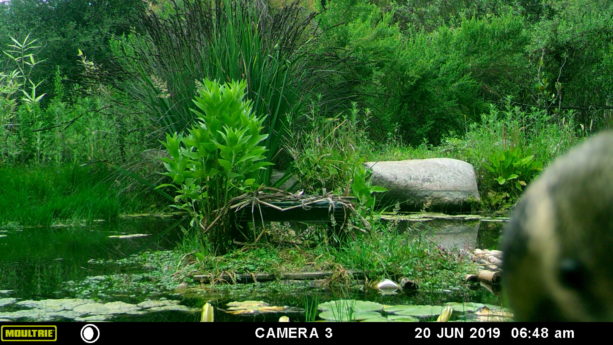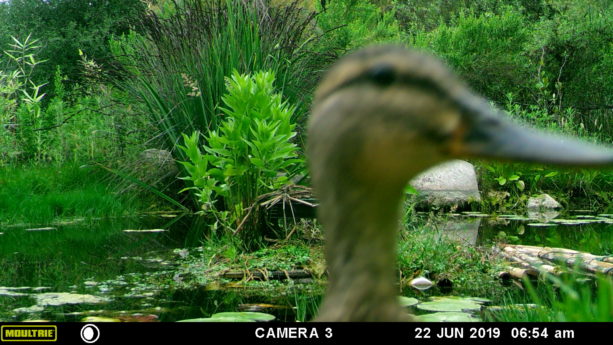Gardening adventures
Wrestling with the great outdoors.
-
School
I haven’t been a busy blogger for the past year, and that is not for lack of interest or input. I’m always shooting photos and writing posts in my head. The difficulty lies in finding time to write. I’ve gone back to college.
As I’ve traveled through my life as a female I’ve been very fortunate in my jobs and by proving myself through lots of hard work. A year ago I came across a new barrier that I hadn’t expected: age. I have discovered that once mid-fifties is paired with the female sex, doubt arises as to your competency and abilities. As all of my formal education, other than my permaculture design certificate, was experienced in the 80’s, and even though all the subsequent years have had excellent work records in the same fields, I’ve been stereotyped. People want current credentialing. With looming increased life expectancy I will need to work for a long time, I need to do everything I can RIGHT NOW before I age any more.
In the Fall of 2018 I enrolled at Mira Costa College, an hour’s drive from here, in their horticultural program. I was fearful of being the odd-ball oldest one in the class, of my struggle to memorize as quickly as I used to, of being in class with students who grew up with computers, of school itself. I hated school the first time around.
I had been the awkward, chubby, shy wallflower who was in the mentally gifted programs, but held a low A or B+ average. I loved choir, drama, and working on the school newspaper. I disliked socialites and their casual cruelty. Still do, although I’ve forgiven them.
I attended UCSD, UC Berkeley, and then Mesa College, and although freeing in many ways the experiences made me realize that I was certainly not cut from the commonly accepted fabric. I would always be slightly on the outside looking in. School was something to endure.
I am now in my fourth semester at Mira Costa, shortly will turn 58, and I love it. I found that I don’t have the social issues from before. There are such a range of ages and backgrounds in my classes that sometimes I’m not the oldest one. I have been the only female in a class, and that was okay. I have found only one person who objected to my being alive (that I know of), and I don’t think I’ll encounter her and her loud mouth again. And I just don’t care about how she acted. Its her problem, not mine. In most horticultural classes the students bond, and then when they see them again in another class they are friendly. Socially, its a far better experience than when I was younger.
The learning has been amazing, but I work extra hard to memorize and to retain what I’ve learned. I know that I’ve lost about half of what I’ve memorized, and only repetition will bring it back. That’s on me. However, the brain work is excellent and I know that I am warding off future brain failure with every assignment.
I am working, volunteering, keeping up the garden and attending 3 classes, so life is very busy. My daughter has taken up my slack and has been working in the garden keeping it going far more than I have. She has three jobs, so between balancing them and caring for our animals and property she is just as busy. She has made me some meals and frozen burritos to take for dinner at school as well. Its really nice to be taken care of a little. My mother was the last person to do that when I was a teen.
Challenges with technology have not been an issue. I have felt comfortable taking tests on the computer when required and have enjoyed the completely online classes. There have been technical glitches, but there have been support channels through the schools and with my fellow students that have helped me through them. And I have helped others. The professors have been great.
What I’ve been learning I’ve been putting to use immediately in my consultations and at Finch Frolic Garden. The more I know, the better I can help.
The interesting part of this endeavor has been the reactions from my peers. Many who are my age or slightly younger are amazed and delighted that I would do the unthinkable… go back to school at an age when most are looking towards retirement. It seems to them as if I was moving to a different country without understanding the language or customs for an immersion program. I receive delighted support from them. Some are appalled and treat it like a sentence that I have to serve. “How much longer do you have to do this?” I have one friend who thinks its nonsense, a waste of my time. But then from him I not only receive support, but a subtle ‘old fashioned’ repression because I’m female although he’d be appalled to think he did. Most people just don’t understand that, without a steady income for as long as I can earn it, and judicious savings, I might run out of money and become a burden to my children long before I can shuffle off this world. Longevity is inherited on my mother’s side. I have many friends, and know many others, who are single women from ages 50 to 80 who have a very, very low income and who rent casitas or rooms. They rely on the tolerance and stability of the landowner for the roof over their heads, and if that changes they may be outpriced to find another accommodation in the town they’ve lived in for decades. They have gone minimalist, having to get rid of belongings because there just isn’t a place to put memorabilia. Some work part time at as many jobs as they can find just to stay ahead. Many receive supplemental food from the Fallbrook Food Pantry, especially if they have to pay for medications. It is a nightmarish situation where instead of being cared for as their bodies fail them in so many ways, they are completely self-reliant and have to get themselves to the DMV, to the doctor, to the grocery store, to the bus, to the lab, to a specialist, to the pharmacy. Its something American should be ashamed of, the abandoning of its mature generations. And no one would think of hiring them.
What I realized when I began working with volunteer groups years ago is the amazing experience and abilities of the retirees who now had time to contribute towards a cause they believed in. Grey hair and wrinkles make we who are aging all look similar, but these people are survivors, movers and shakers. These people are constantly reading, vibrantly involved, often continue to have their own businesses, have survived the death of spouses and children and siblings and schoolmates. And now I am one of them.
Going back to school has given me a purpose, as I am a goal-oriented person and can feel cast adrift if I am left without a path. I am enjoying the challenge and accepting my short comings, and realizing that I have been guilty of stereotyping the younger students as well. Many are second language learners in a foreign country trying to write technical papers fluently in another language. Many have served in the military and are looking for kinder, gentler occupations such as growing plants. Many are juggling families, work and school. Some have had horrific health issues. And many are going through the agonies that I went through as a youth, feeling awkward and ugly and stupid, and hoping there is a place where they’ll find acceptance at the end of the tunnel.
Two years ago I read a Facebook post from a former school mate of my age who had gone back to school to receive certifications that would improve her job and income working with students with disabilities. I thought, “How amazing that she’s gone back to school! That’s a horror I’ll never repeat.” I praised her for her success. Then, as karma has it, when faced with being rejected for several jobs because I was of a certain age, and my schooling had happened decades before and somehow didn’t qualify anymore, the idea of going back to school was the only thing left to me. Because of my friend’s testing the waters first, I realized that I could do it, too. I am hoping that this lengthy blog might inspire others to do the same: Its better the second time around.
So when in a crowded room of thirty students the guest lecturer asks if anyone would have issues with taking a quiz through their smartphones and his eyes end up and linger on mine as the oldest one in the class, I smile back. And help the student next to me. And when I overthink a problem and screw up I ask the people around me, who are always…always ready to help. And I bring in extra vegetables and fruit when I can because so many of these students have no food security and many are living in their cars. Something unthinkable back in my school days, although I’m sure now that it happened. And I do homework crosslegged on my bed just as I did thirty years ago, but this time with a laptop amongst the papers, and I’m good with it. And I qualify for student aid and scholarships which help me get through it all, which is amazing. And my daughter bails me out when my laptop gives me troubles. I am a lucky woman.
And showing my student ID card has given me some good discounts long before any Senior discounts will kick in!
Think about taking classes, even just for fun, or for pass/no pass. The school programs need students to keep them funded, and what a better way to help yourself and help young people by ensuring their future educational options by supporting and attending them yourself? Who knows, you may still find someone to flirt with, just like the old days.
-
The Coon Saga: The Luck of the Draw
 POND FROLICS
POND FROLICS
Long before the ponds were put in, the property was still home to a gregarious population of raccoons, due to the small seasonal stream that cuts the western end of our land. Most particularly, a mother coon would always set up stakes in our area and rear her brood to wash their scavenged tidbits in our birdbath and roll our firewood across the porch in search of mice.

Baby coons are a lot of trouble. Mama always has a lot on her scary, leathery little hands. Usually two to three kits at a time, brimming with her own casual greed and entitled curiosity but without — yet — her seasoned edge of belligerent caution, they tumble and squabble, wander and sneak and thieve their way through summer’s kithood until they disperse to independent mischiefs and leave their mother with a brief respite before she’s thrust back into the whole ordeal again (and that’s another story right there…).

KIT: I wonder where Mama is…
MAMA, to camera: Srsly. I said “Stay on the fence,” and this is what they do to me. These kids, you know? BTW, I will bite your face off of your skull if you come any closer.
(This chain link is directly below the kit on the wood fence in the previous picture.) This year, the local mama coon has been blessed with quadruplets.

Notice Mama top right. Needless to say, the cameras have been providing plenty of schadenfreude over the last few months.

Oh look, a moment by herself to have a nice little hunt for her own supper. Feels like there’s something there…. 
Oooo! Get inta this…. 
…and baby wants some! 
Oh well. -
The Battle of the Bulge
 POND FROLICS
POND FROLICS

In the still of the night….
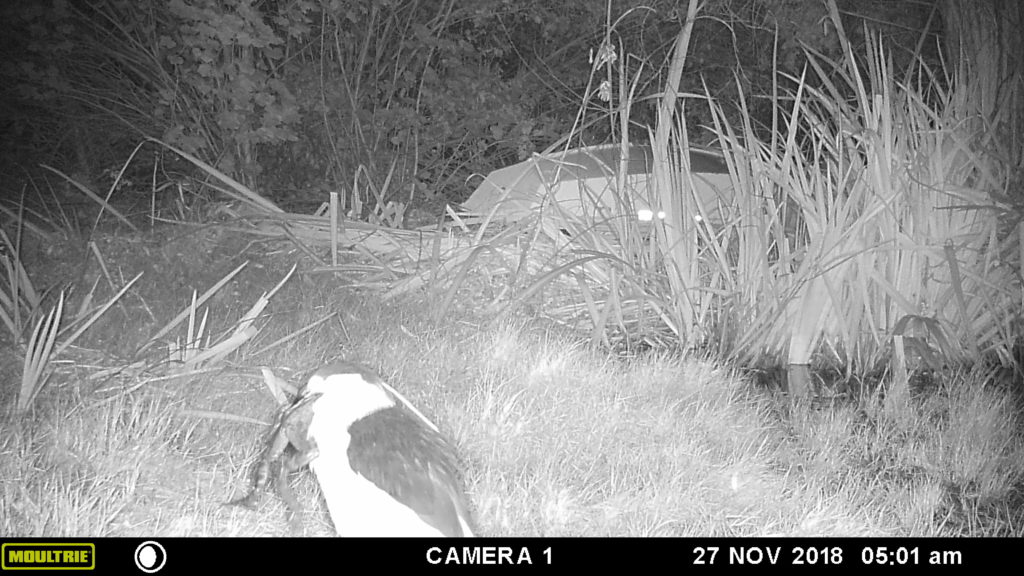
“AHAAAAAH! ‘INGO! Om wi’ EE, ithter ‘ummy!” 
“…Iddle ard oo ‘thallow…” 
“Utht ‘otta adust.” 
“Abee oer ere….” [Five minutes later…]

“Oou know, imma juuuust –“ 

“You know, I really feel like worms, anyway. Yeah. Alright. Let’s go get some worms! Yeah.” -
Owl Be There
 POND FROLICS
POND FROLICS
That nocturnal birds eat at night is a pretty straightforward piece of knowledge — awake at night, ergo eating at night.

It’s also pretty clear to anyone who finds a large dropping on their car in the morning that wasn’t there the evening before that other functions of life have to happen in the hours in which we sleep or stumble into things as well.

It’s funny how surprising it was to me to be confronted with the fact that owls — as of course they must do — also bathe at night.



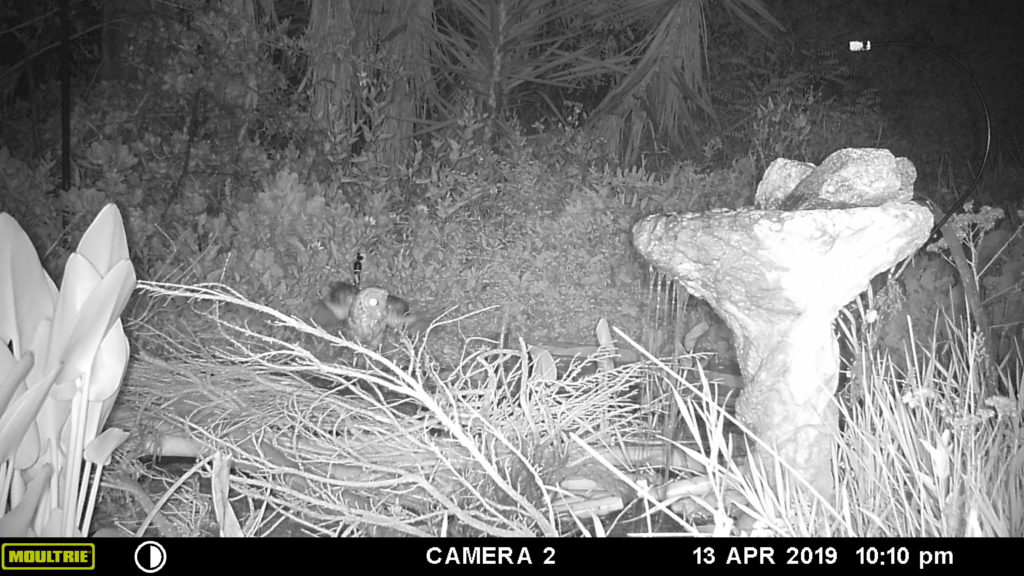
Need to install an owl-dryer out there!
- Animals, Bees, Integrated Pest Management, Natives, Other Insects, Permaculture and Edible Forest Gardening Adventures, Predators, Quail, Reptiles and Amphibians
Native Insects and IPM
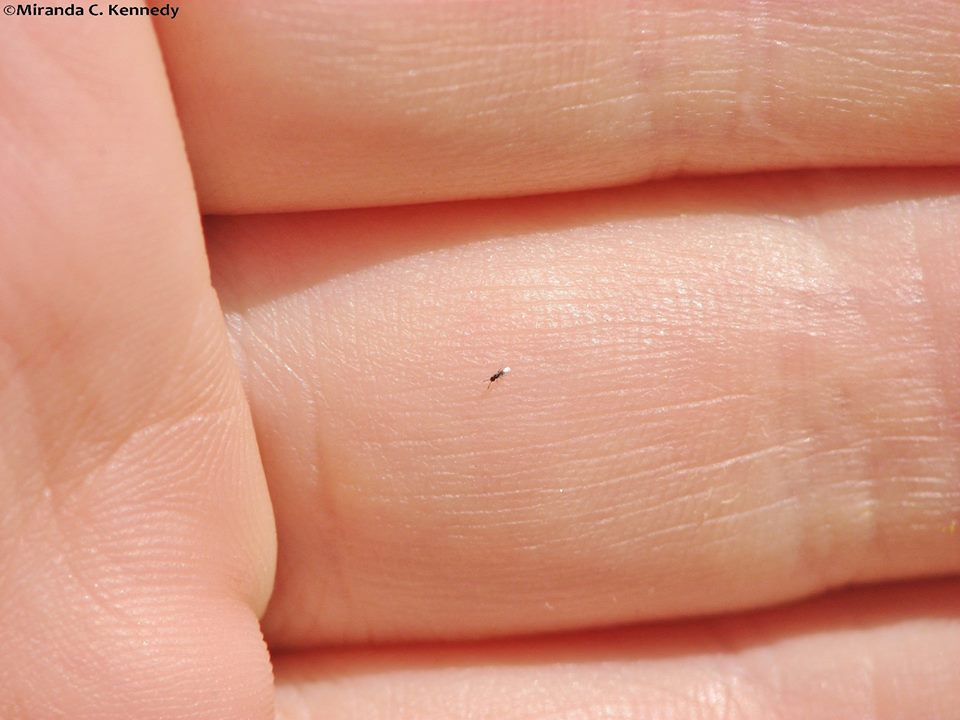
A tiny wasp. Honeybees are not native to North America; however, we have an amazing number of underappreciated, ignored or sprayed native insects. Here in Southern California where the lack of rainfall has created a landscape called the Elfin Forest, the canopy is short, the animals are small and many of the insects are very tiny. If you take a careful look at clusters of small blossoms you will see tremendous air traffic. Besides the honeybees, there are butterflies, moths, and bees, wasps and flies that range in size from the large black carpenter bees and shiny green June bugs, to predatory wasps no larger than a speck of dirt on the back of your hand. These are your companions. They are the unsung workers responsible for a large percentage of pollination and invasive insect control. They in turn are food for the other policing creatures of your garden, the small birds, lizards, frogs and toads. And newts, salamanders, dragonflies and damselflies… I don’t want to leave any of these marvelous workers out.
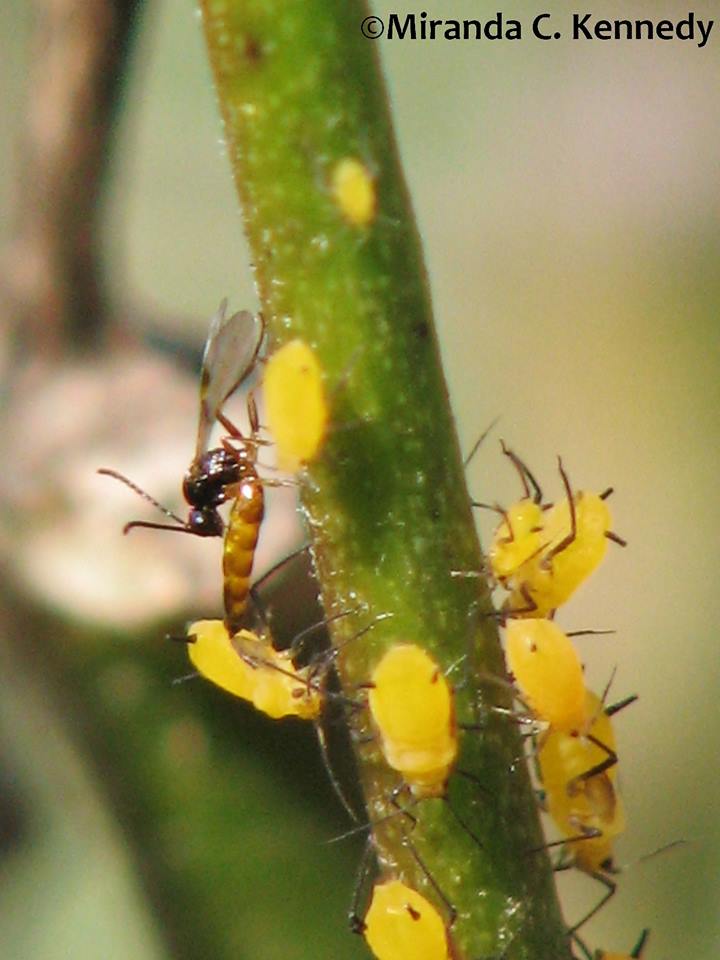
A native predatory wasp laying eggs in oleander aphids on milkweed. These tiny insects need small clusters of flowers to feed upon, and planting to cater to the native insect population wherever you live is vitally important. It is just as important as building good microbial communities in the soil.
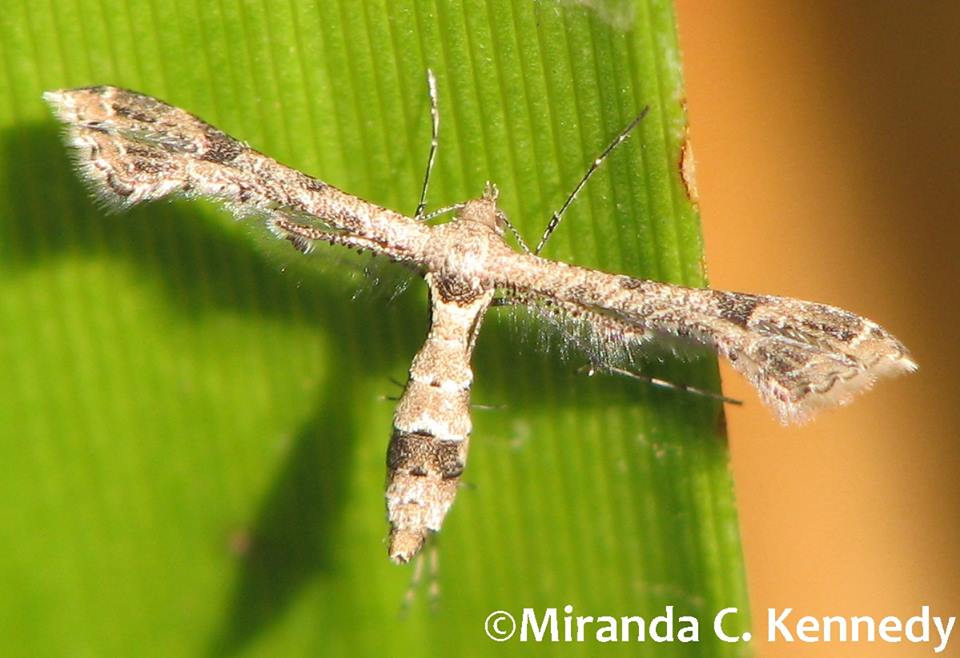
A plume moth. Here is a video – a shaky one taken with my phone as my camera is in for repair – of the tremendous activity around our blooming apple mint. The mint is next to our vegetable garden, and pollination is never a problem. Throughout our property we have blooming plants, mostly natives especially of course in our permaculture Zone 5, and they are feeding thousands of native insects – and honeybees – as well.
Please be patient with the video (it picks up my pulse!) and enjoy our August garden.
-
The Púkas of Caerbannog
 POND FROLICS
POND FROLICS
Finch Frolic is home to many Desert Cottontails.

Dah-DUM. Dah-DUM. Dah-DUM, dah-DUM, DAH-DUM –! More all the time, in fact.

“Whoa! Do you see what I see?” “Yeah, yeah — when did that rabbit get there?” Or at least very solid population replacement.
We see them all the time because they are pretty comfy here and used to us, just scooting around nibbling grasses and fighting the ducks (I gotta see if I have photos of that to share — hilarious bunny sass…).
The funny thing is how infrequently they appear on the wildlife cameras, and when they do, they’re invariably being rather sneaky.
“Oops, still in shot, sorry.” 


Sometimes, it can start to feel a little spooky….

(Nasty, big, pointy teeth.) 
— Run awaaaay!
-
Coon Tales: The Beginning
 POND FROLICS
POND FROLICS
When we first put out our wildlife camera over the big pond’s north bog, we quickly found that aside from the oppressive scourge of the querulous ducks, raccoons are our most frequent visitors.

“Ooo — I wonder if that little red light is edible?” 
“I can just sneak right up on it….” 
“Hmm — nothing inside this shell to eat. A pointless object.” The story they present is also generally a much more compelling one than the ducks’ — they both have intrigue, romance, action and comedy, but when you’ve watched ducks go back and forth and back and forth and back and forth in petty squabbles for the zillionth time, you come to respect the way the coons economize their time.

INTRIGUE 
COMEDY 
ROMANCE 
ACTION The ducks take the whole day to execute their drama, but the raccoons squeeze it all into night visits lasting only a few minutes, perhaps a quarter of an hour.
Or perhaps only the time it takes to capture a single, perfect picture.
-
Getting Your Feet Wet
 POND FROLICS
POND FROLICS

“Oooo that is definitely squlechier than I expected–!” Either this juvie Red-shouldered Hawk (Buteo lineatus) thinks she just caught something or she’s just realizing bathwater with duckweed might not be the best choice….



Subduing an unfortunate young bullfrog? Carefully scraping off tiny, free-floating aquatic plants? Blocking out a new rhythmic gymnastics routine? We’ll never know.
-
From Heron Out
 POND FROLICS
POND FROLICS
Lessee, what can I tell you about the Black-crowned Night-Heron (Nycticorax nycticorax)….

“WHOA, what was that back there? Gotta check that out….” There’re small herons. They have blackish feathers on top of their heads. I guess you could call it a cap. A blackish cap.

“They were fast – as – light – niii-ing–!” They’re the most widespread species of heron in the world, apparently. Noisy, social, not too fussy.

“Hey! What’re you lookin’ at, lady?” Oh, and this is surprising: they do most of their hunting and such at night or in the dusk: evening and early morning. Herons of dimness. Darkling herons. Gloaming. Blackish-capped. Herons.
…Yep. -
New Wildlife Camera Angle
